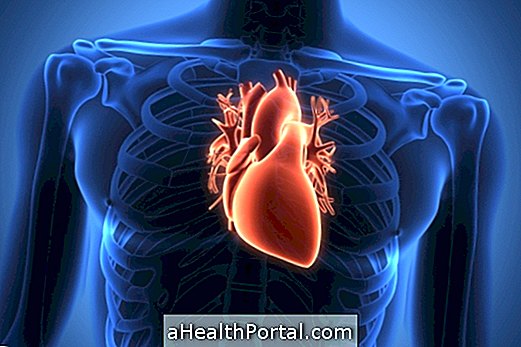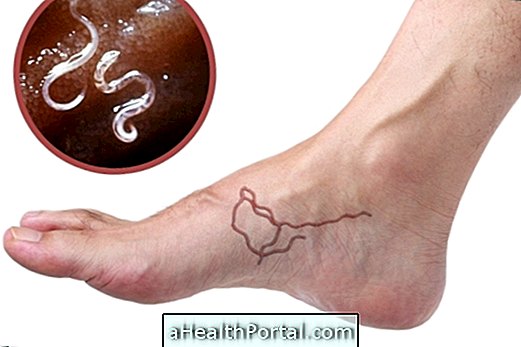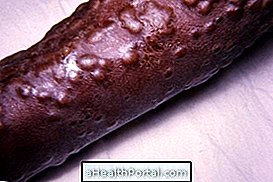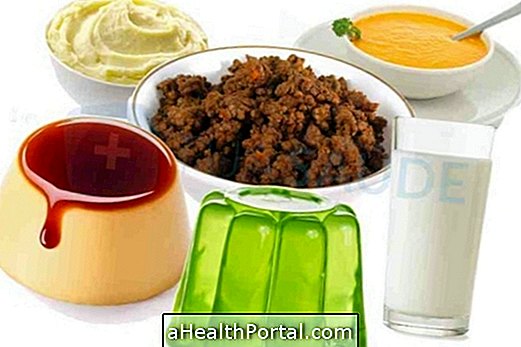Knowing which signs may indicate heart problems can help prevent a heart attack, for example, or make it easier to diagnose heart disease such as heart failure.
Individuals who are more likely to suffer from heart disease are those who have a family history of heart problems, those who are overweight, smoke, and have other associated diseases, such as diabetes, hypertension, and atherosclerosis. Aortic aneurysm is an example of serious heart disease that can occur in these individuals and their treatment is done with surgery.

Thus, 12 signs that may indicate heart problems are:
- Anxiety: A heart attack can cause a lot of anxiety and fear of death, moments before it occurs;
- Chest discomfort: classic symptom of a heart attack;
- Persistent cough: may be the result of fluid accumulation in the lungs due to heart failure;
- Dizziness: Feeling dizzy and coming to faint may occur moments before a heart attack or in cases such as arrhythmia or hypotension;
- Fatigue: Feeling very tired all the time may indicate heart failure, however this symptom is common in other diseases such as depression and anemia. See more examples: 8 diseases that cause excessive tiredness.
- Nausea or lack of appetite: may be related to abdominal swelling caused by fluid retention or associated with infarction pain;
- Pain in other parts of the body: Pain may start in the chest and spread to the shoulders, arms, elbows, back, neck, jaw or abdomen or be related to a heart attack;
- Rapid and irregular pulse : When accompanied by weakness, dizziness or difficulty in breathing may be evidence of a heart attack, heart failure or an arrhythmia. See the symptoms of cardiac arrhythmia;
- Shortness of breath: may also indicate the onset of a heart attack;
- Sudden cold sweat: may indicate an infarction, hypotension, hypertension or arrhythmia;
- Swelling: Swelling of the legs and feet may be a sign of heart failure, as this disease can cause fluid retention;
- Extreme weakness: may occur in the days leading up to a heart attack or associated with heart failure or hypotension;
The greater the number of symptoms you feel, the greater the chances of having a heart failure, or even heart attack. Therefore, it is important to make an appointment with a cardiologist for a thorough evaluation and consequent treatment. Also, it is important to remember that women die more of a heart attack than men.
What is your risk of having a heart attack?
Sedentary people, who are overweight and who have high cholesterol and triglycerides, have a greater risk of suffering from serious situations, such as a heart attack. Enter your data, and see if you are at high risk or low risk of infarction, and also what you should do in each situation:

To improve cardiovascular health it is recommended to consume garlic daily because it lowers cholesterol and high blood pressure, protecting from problems like atherosclerosis and heart attack. A good way to consume garlic is to put a clove of garlic in a sauce, all night, and take that garlic water in the morning.



















